Anka asks:
Lately, I’ve noticed a lot of celebrants on Facebook have started advertising that they can do weddings overseas? I didn’t think we could? I’m presuming they might be just completing paperwork at the airport before they depart? Or did I miss something?
Hi Anka, this is a question I personally field often, and I’m glad I get to address it on the Celebrant Institute today.
Under what authority?
The Attorney-General’s office has the authority to appoint marriage celebrants according to Australian law. However, that law and authority are only valid within Australia. So, when an Australian authorised marriage celebrant leaves the country, they no longer carry the authority they did in Australia and become subject to the laws of the country they’re in—marriage laws and all. In simple terms, when an Australian marriage celebrant is in New Zealand, they lose the title of “marriage celebrant” while retaining the title of “Australian”. Outside of Australia, you’re not officially a celebrant, which is why celebrants cannot witness notices of intent overseas.
If you see myself or others performing ceremonies overseas, we are working under the local laws. In those countries, if we have the necessary authority to marry people, then we may well be conducting legal weddings. If not, it’s technically not a legal marriage ceremony.
As of the time I’m writing this, I have the authority to marry people in Australia, the USA, and British Columbia, Canada. In other countries, when you see me officiating, the couple are getting married in their hearts, in spirit, but not legally married – not according to the law.
Even though I have the authority to legally marry in Canada and the USA, many of my couples still opt for the Australian paperwork route, as it makes it easier to change names and update passports or driver’s licences.
So, how do people get “married-married”?
It’s up to the couple to find the best legal process for themselves, depending on the country they’re in. Some people value the simplicity of having an Australian legal marriage and handle the paperwork on Australian soil before or after their overseas ceremony. Others prefer to have the date they exchanged vows as the official date on their marriage certificate, and they arrange things accordingly.
Isn’t this strange?
For many Europeans, it’s quite common for the celebrant to have no legal authority. The couple typically visits a marriage office in the days leading up to their wedding, or even on the morning of, to legally solemnise their marriage there. (Do I get 10 points for using “solemnise” in a sentence?)
Similarly, for many Australian couples who would like a friend to marry them, I offer a similar service.
Can I witness Australian legal paperwork (like a Notice of Intended Marriage) while overseas?
No, Australian marriage celebrants have no legal authority to witness Australian marriage paperwork or solemnize marriages when they are not in Australia.
Can I put the international wedding date on their Australian marriage paperwork?
No.
The only way to do that would be to use international timezones to your, or their, benefit. Like signing the marriage paperwork at Sydney Airport, taking a flight to LAX and then doing the wedding in California after you land, but it’s a bit silly to try such a feat.
The business end of the deal
You’ll meet very few wedding vendors who’ve successfully built a life—both financially and socially—around being a destination wedding vendor. I’m fortunate that Britt loves travelling more than I do, and Luna and Goldie like it even more! We love travelling the globe and we plan our international wedding schedule around our own dreams and hopes.
Most people reading this would probably love to travel too. I wish you all the best, but know that living with the word “destination” in your bio isn’t easy, if only because so many others have it there too. My advice? Focus on your local market and take on destination weddings that suit your personal life and family schedule.

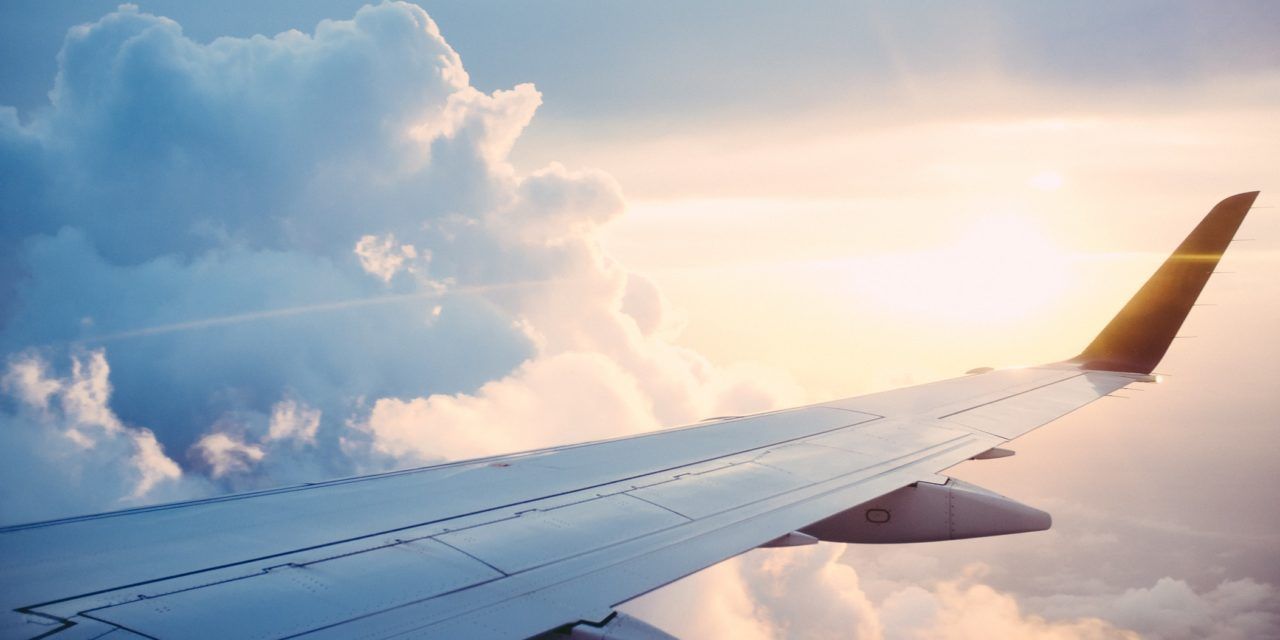

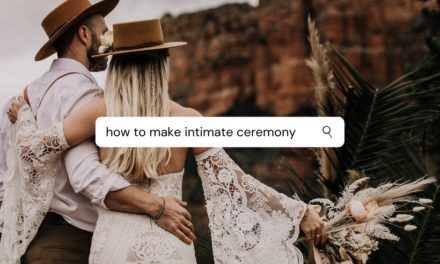
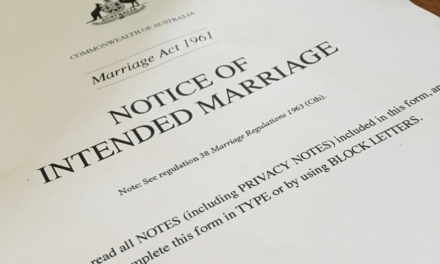
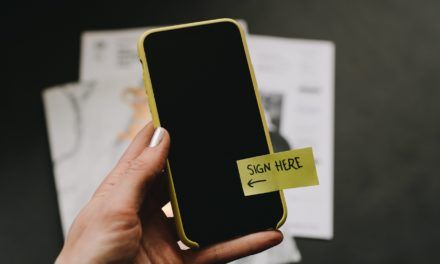
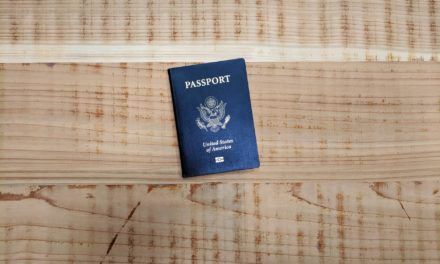
This is an awesome post. I’m just going to be picky on one thing, and it’s a semantics thing. When we leave Australia we definitely lose the word “marriage” from our title, but not the word “celebrant”. Literally anyone can be a celebrant and perform funerals, namings, commitments, vow renewals, etc, anywhere in the world. Our special title that is given to us by the government is Commonwealth Registered Marriage Celebrant, and that’s the title that allows us to perform legal marriage ceremonies that change a couple’s legal status from single to married in Australia. That’s what we lose when we leave the country 🙂
Thanks mum 🙂
Thanks Josh, I had been wondering about this one for a while, particularly seeing some of your Instagram content from Italy etc. A particularly appreciate your closing sentence, it sounds like a wonderful way to tie travel aspirations in with this career path.
Life’s too short not to have fun at work, so go hard Ben 🙂